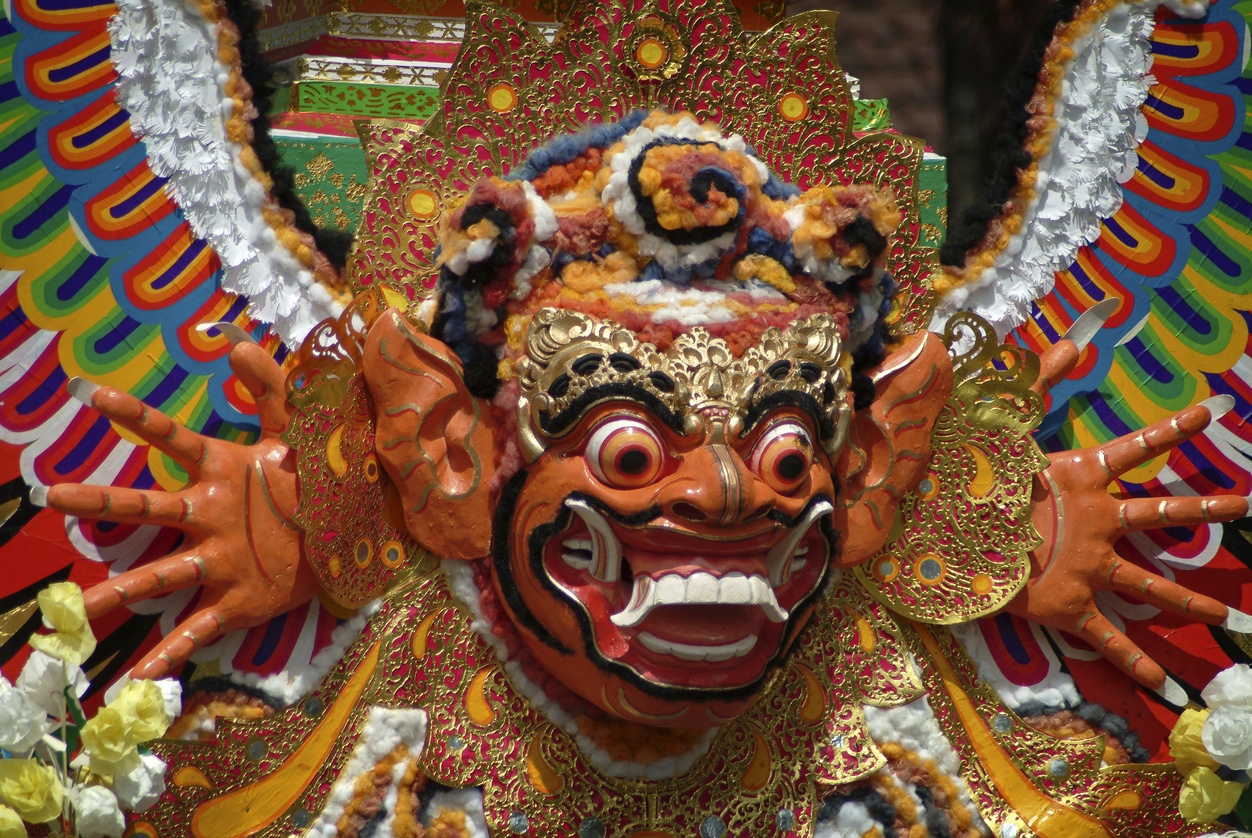Hindu death practices follow a similar overarching pattern with some variation by family tradition, caste, or sect. The family is the most important part of a sacred funeral rite.
- Funeral Planning
- How to Plan a Funeral
- Plan a Funeral in Advance
- Funeral Cost
- Average Cost of a Funeral
- How To Pay For a Funeral
- Making Funeral Arrangements
- Who to Call After a Death
- Funeral Planning Forms
- Transporting a Body After Death
- Cremation
- The Cremation Process
- Cremation Costs
- Celebration of Life
- Funeral Songs
- Funeral Readings
- Writing an Obituary
- Writing a Eulogy
- Grief
- The Stages of Grief
- Pet Loss
- What to Say to Someone Who has Lost a Pet
- Pet Loss Poems and Quotes
- Funeral Customs
- Funeral Etiquette
- Attending Funerals
- Sending Thank You Notes After a Funeral
- Funeral Insurance
- Burial Insurance
- Final Expense Insurance
- How to Buy Funeral Insurance
